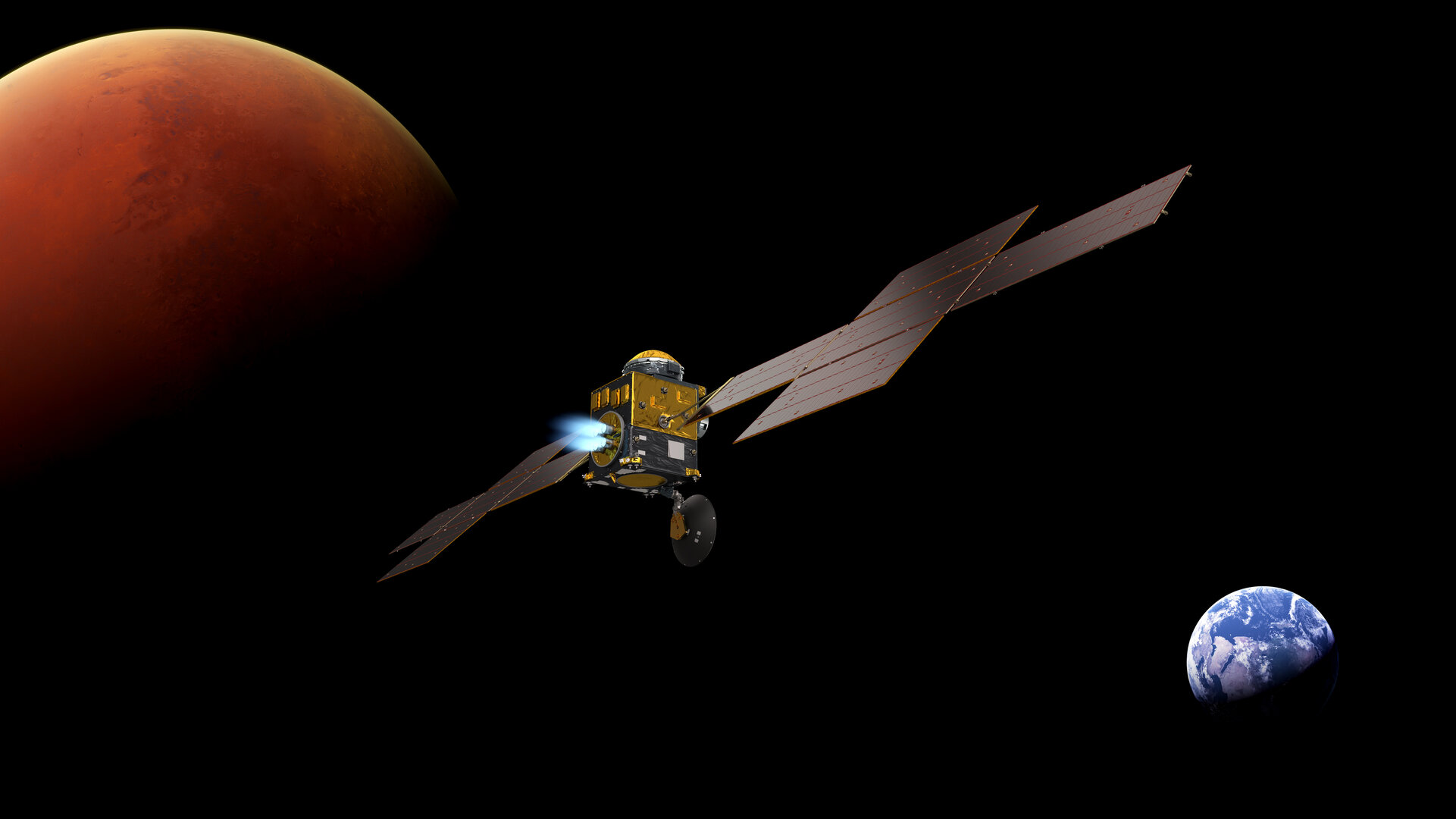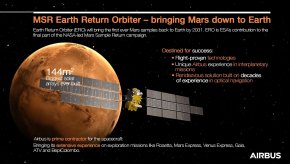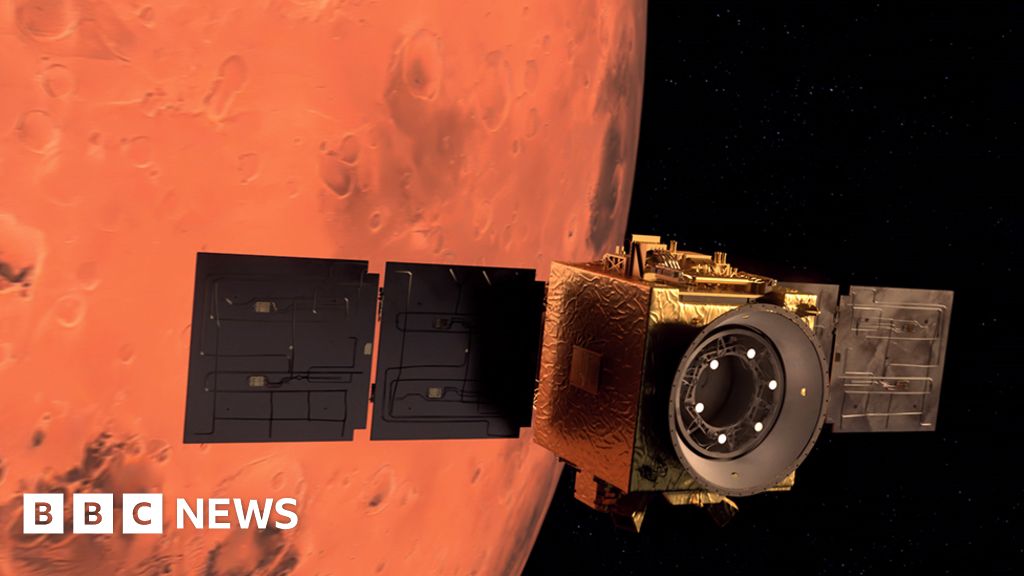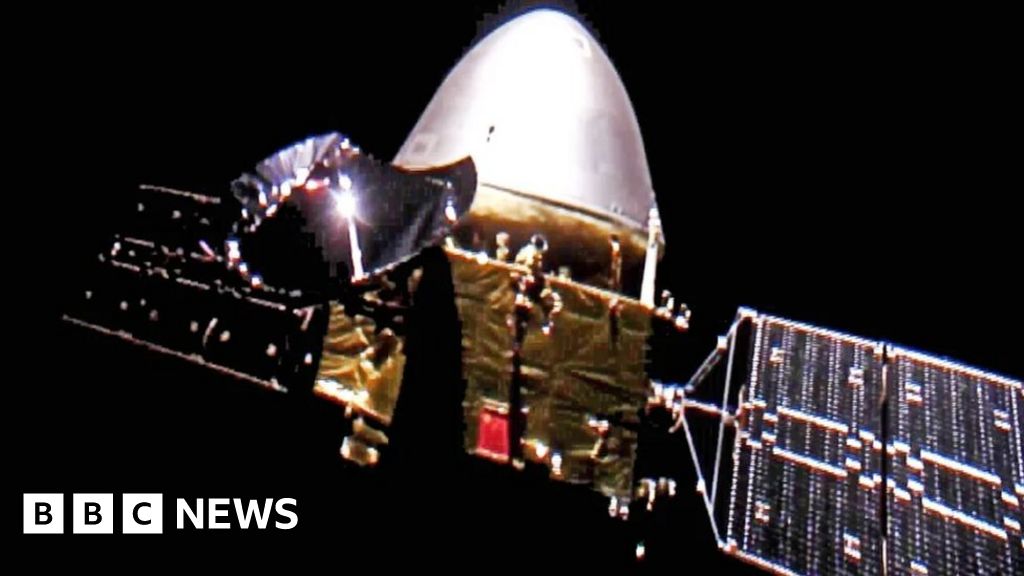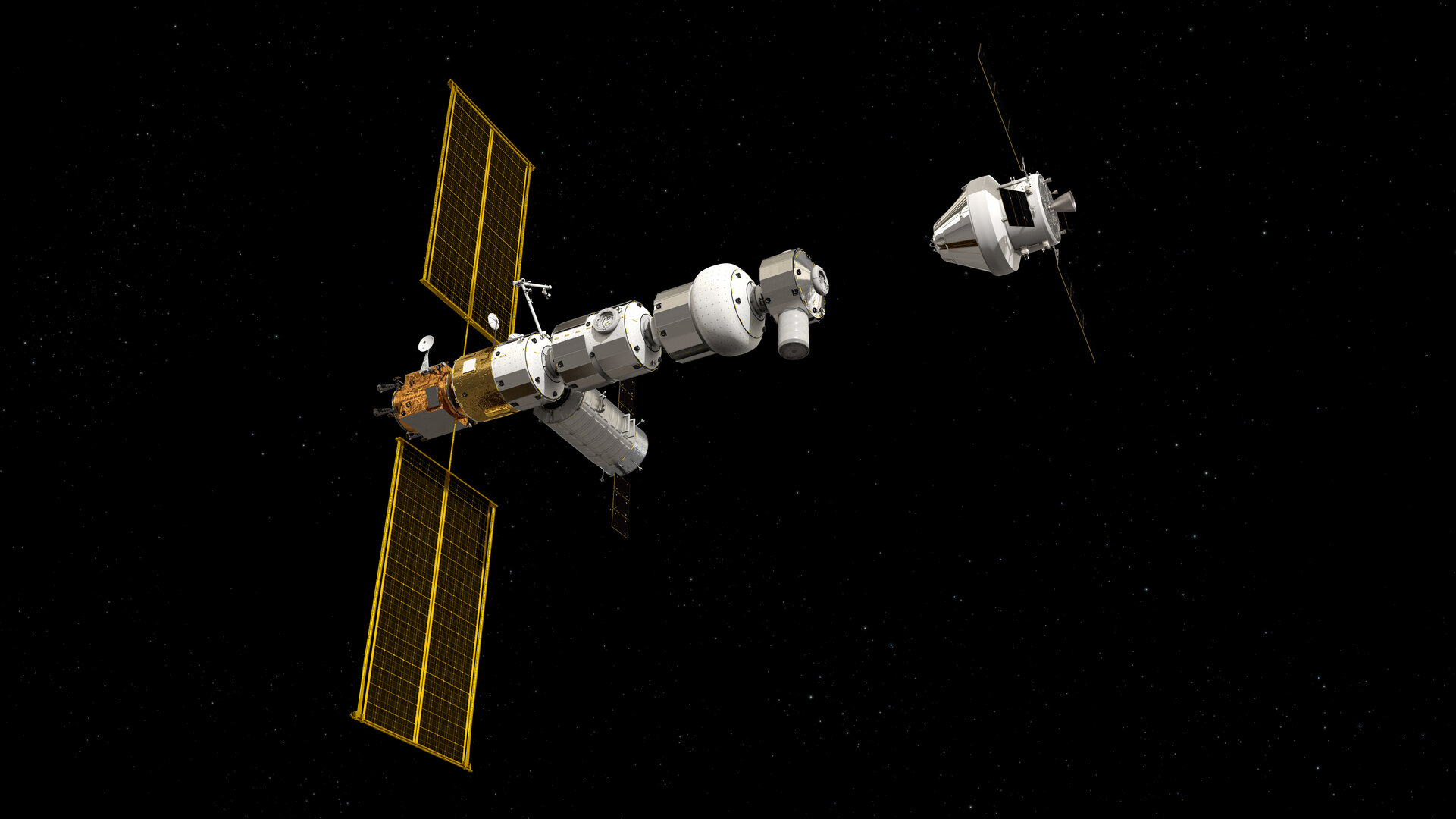A thing we have to consider too, if we wanna make a living on mars, would also be the irreversible consequences on our human biology. We can mimic a lot in closed facilities: atmosphere, ecosystems, probably even social live if we manage to get enough people there - but there's one thing we can't mimic and that's gravity. Mars only has a third of earth's gravity. Great for earthborns on mars probably, not so much for marsborns on earth. If you were born on mars or even spend a lot of time there, a return to earth might be fatal for you.
All I wanna say is, that if we - humans - colonize mars, our paths will split. An earth human can live on mars, but a mars human probably can't live on earth due to its high gravity. A great motivational factor if you are already there, but if you're still undecided, you have to keep in mind, that a stay on mars for at least ten years might be a one-way trip. No return, no familiy visits
 ).
).
